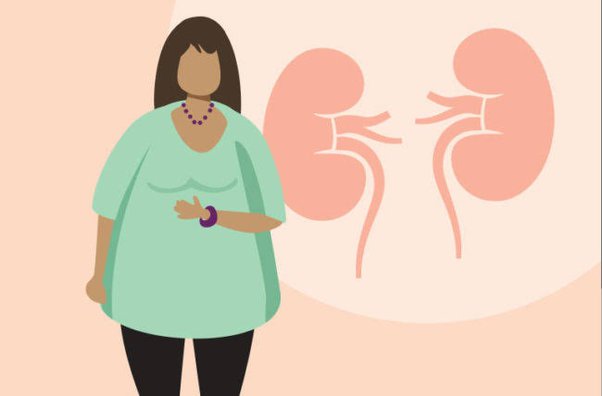
losing weight for no reason
Losing weight without trying can be concerning and often points to underlying health issues. This phenomenon, known as unintentional weight loss, can arise from various factors ranging from medical conditions to lifestyle changes. In this blog post, we will explore the possible causes of losing weight for no reason and what steps you should take if you experience this symptom.
Common Causes of Unintentional Weight Loss
Medical Conditions
- Thyroid Disorders: Hyperthyroidism, an overactive thyroid, can increase metabolism and lead to weight loss. Symptoms may include increased heart rate, sweating, and nervousness.
- Diabetes: Uncontrolled diabetes can cause weight loss due to the body’s inability to use glucose properly. This leads to the body burning fat and muscle for energy.
- Cancer: Many types of cancer can cause weight loss as the disease progresses, often due to reduced appetite, metabolism changes, or the body’s use of energy.
- Gastrointestinal Disorders: Conditions like Crohn’s disease, celiac disease, or ulcerative colitis can affect nutrient absorption, leading to weight loss.
Mental Health Issues
- Depression and Anxiety: These mental health conditions can significantly impact appetite and eating habits, often resulting in weight loss.
- Eating Disorders: Disorders such as anorexia nervosa or bulimia can cause significant weight loss due to restrictive eating or purging behaviors.
Medications and Treatments
- Certain medications, such as those used for chemotherapy, hyperthyroidism, or depression, can cause side effects like loss of appetite or nausea, leading to weight loss.
Lifestyle Factors
- Increased Physical Activity: An increase in physical activity without a corresponding increase in caloric intake can lead to weight loss.
- Substance Abuse: The use of substances like drugs or alcohol can suppress appetite and lead to weight loss.
When to Seek Medical Advice
If you’re experiencing unexplained weight loss of 5% or more of your body weight within six months, it is crucial to consult a healthcare professional. They can help determine the cause through a thorough medical history, physical examination, and diagnostic tests.
For those seeking to understand more about weight loss causes or looking for weight management solutions, visit weightlossandfatloss.com. Our platform offers resources and products to support healthy weight loss.

How to Manage Unintentional Weight Loss
- Medical Evaluation: The first step is to seek a medical evaluation to identify the underlying cause of weight loss.
- Nutritional Support: Depending on the diagnosis, you may need to adjust your diet to ensure adequate nutrient intake.
- Mental Health Support: Addressing mental health issues with therapy or counseling can help manage symptoms that contribute to weight loss.
- Medication Adjustments: If medications are contributing to weight loss, your healthcare provider may adjust the dosage or switch medications.
Conclusion
Unintentional weight loss can be a sign of underlying health issues that require attention. Whether it’s a medical condition, mental health issue, or another factor, understanding the root cause is essential for proper treatment and management. For more information and support, including a range of weight management products, visit Weightloss and FatLoss.
Llamada a la acción
If you’re concerned about losing weight for no reason, don’t hesitate to seek medical advice. Visit Weightloss and FatLoss for expert resources and products designed to support your weight management journey.


